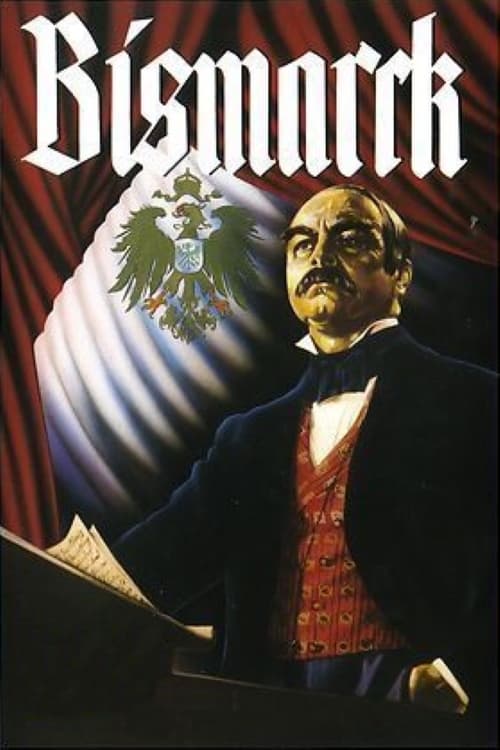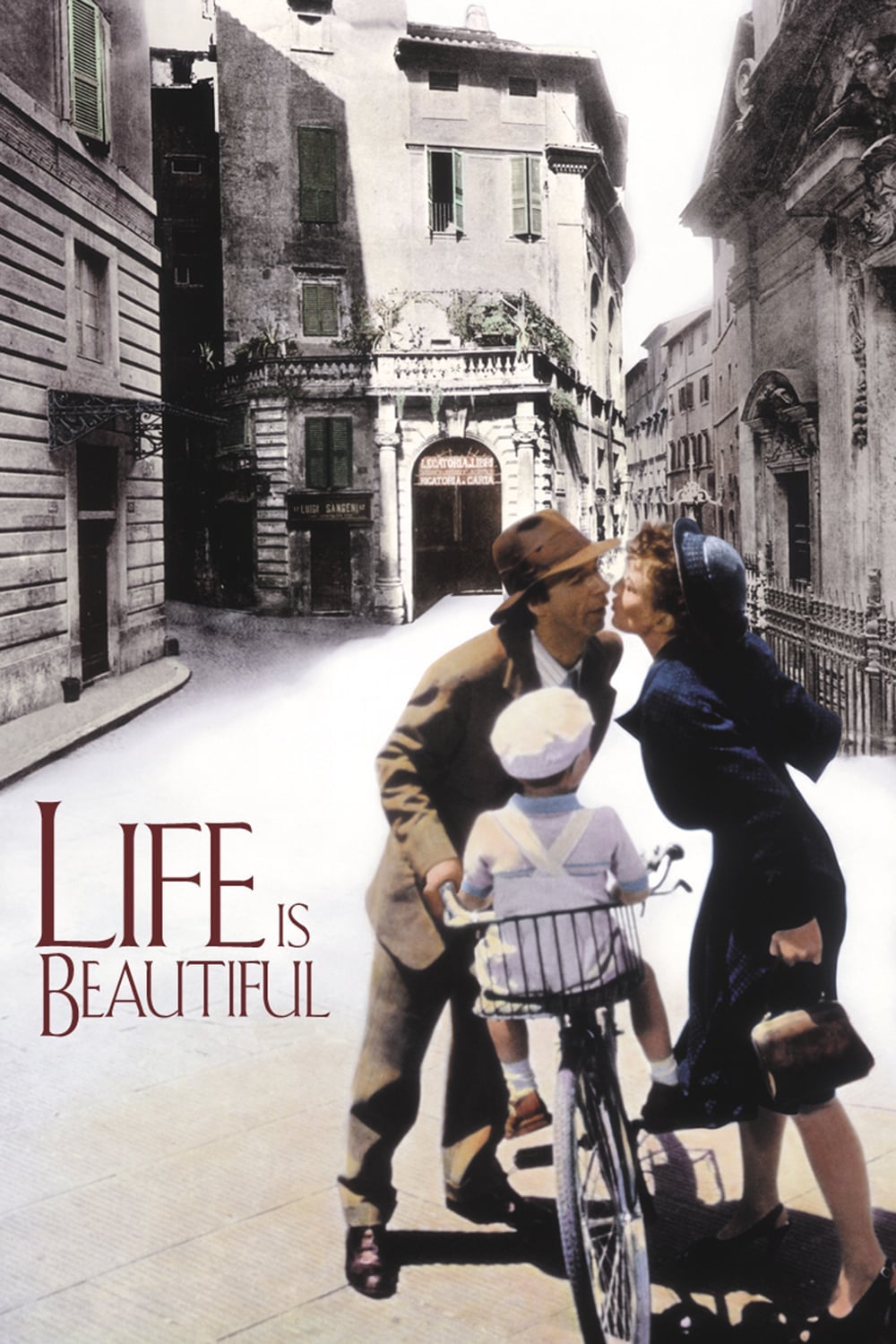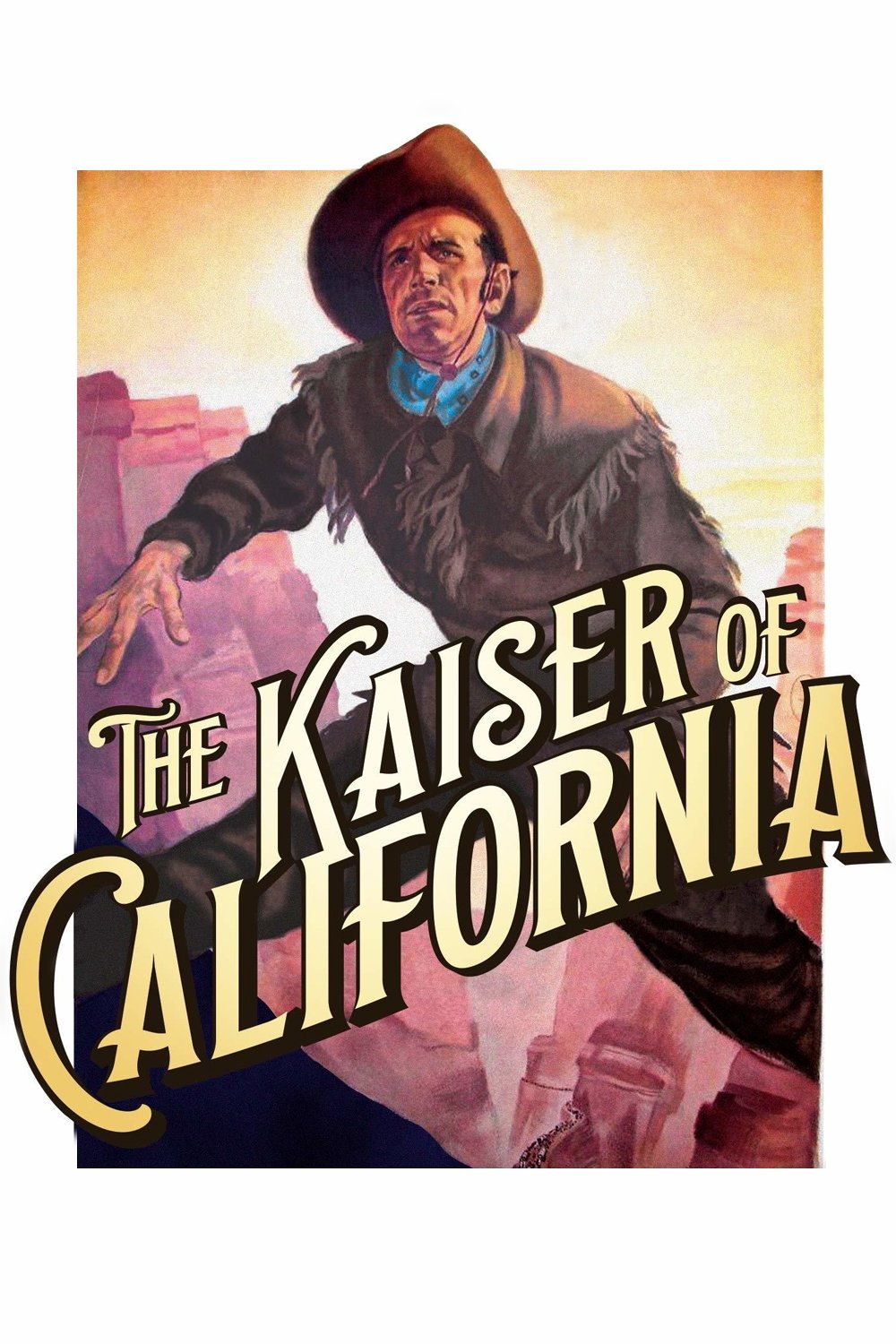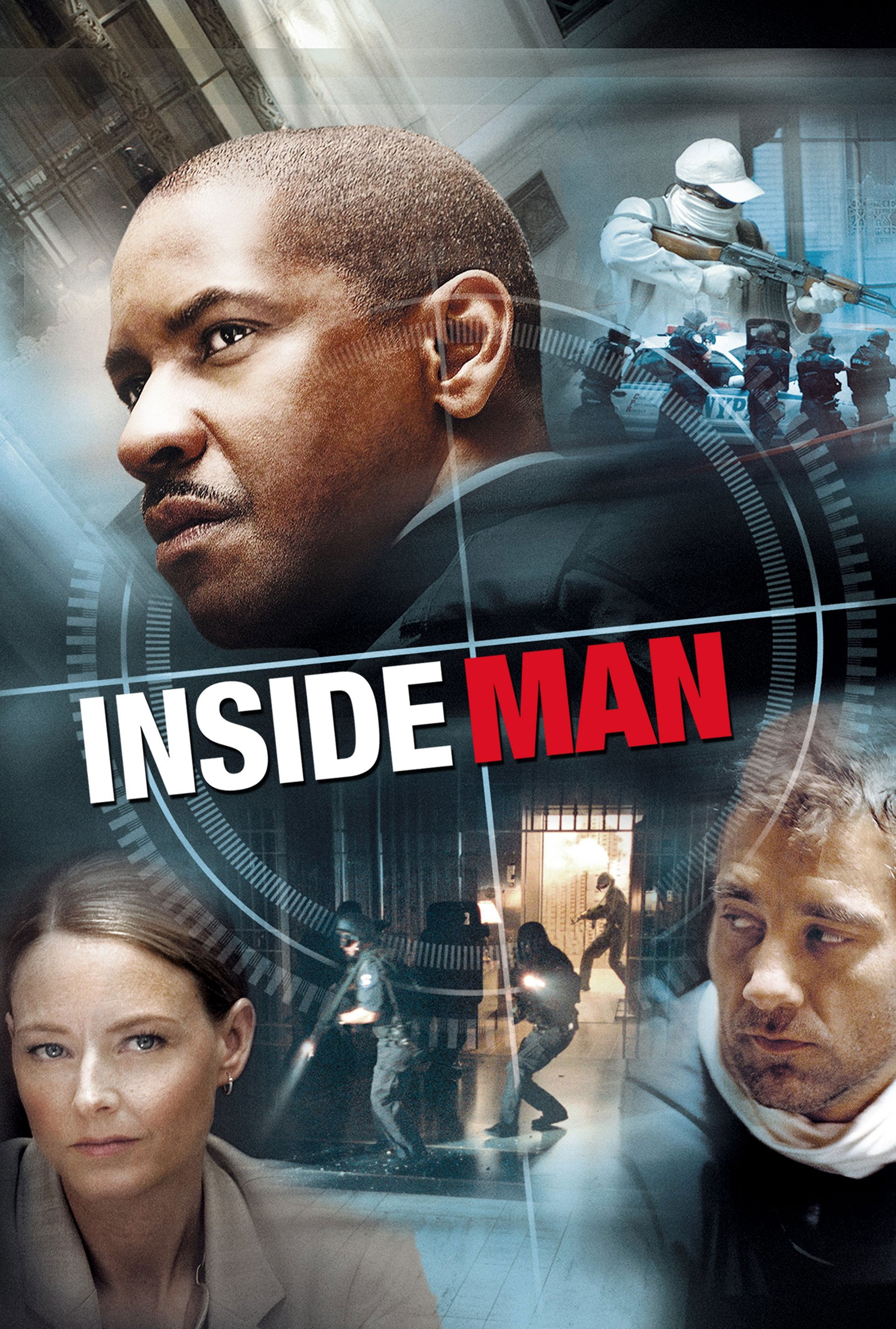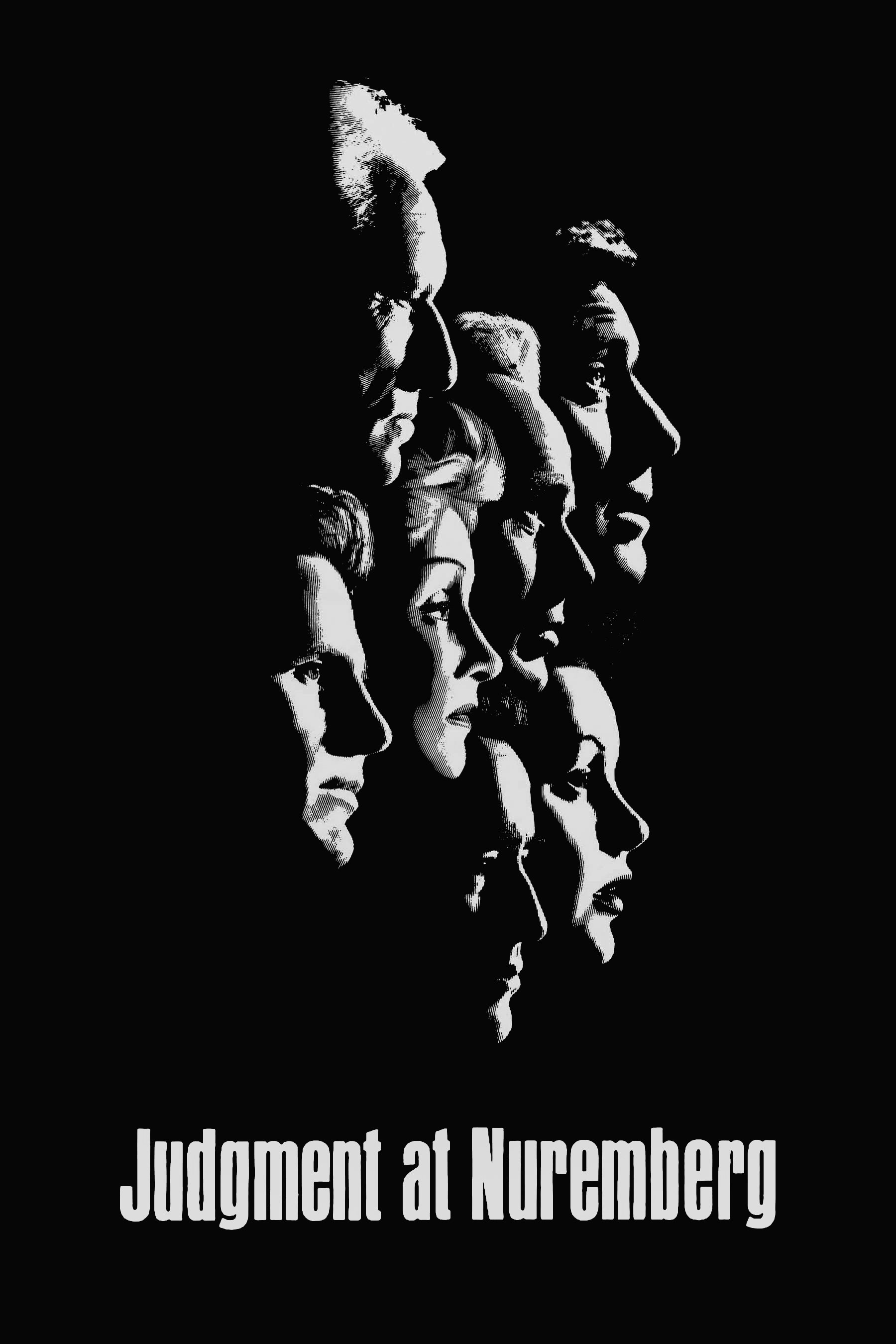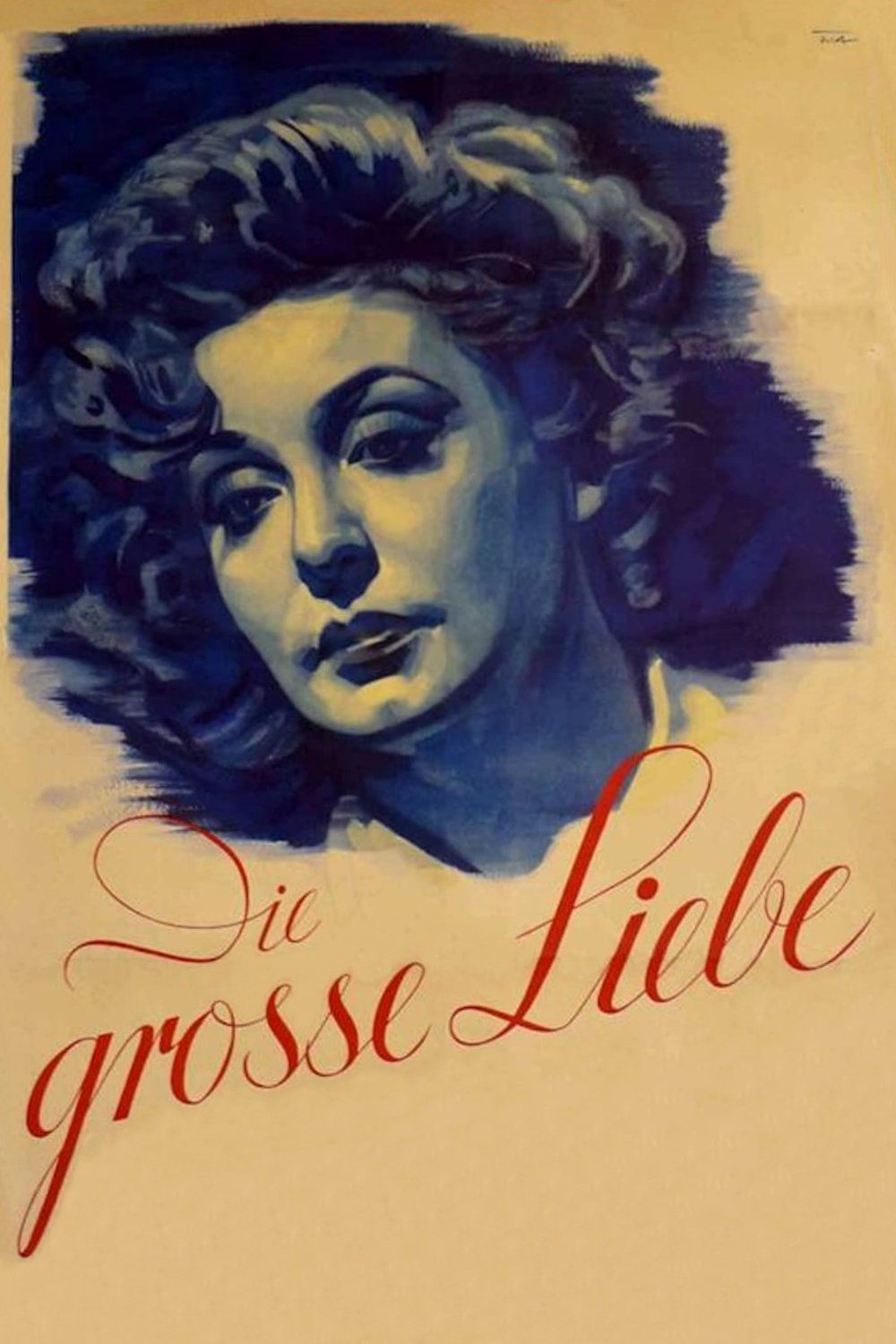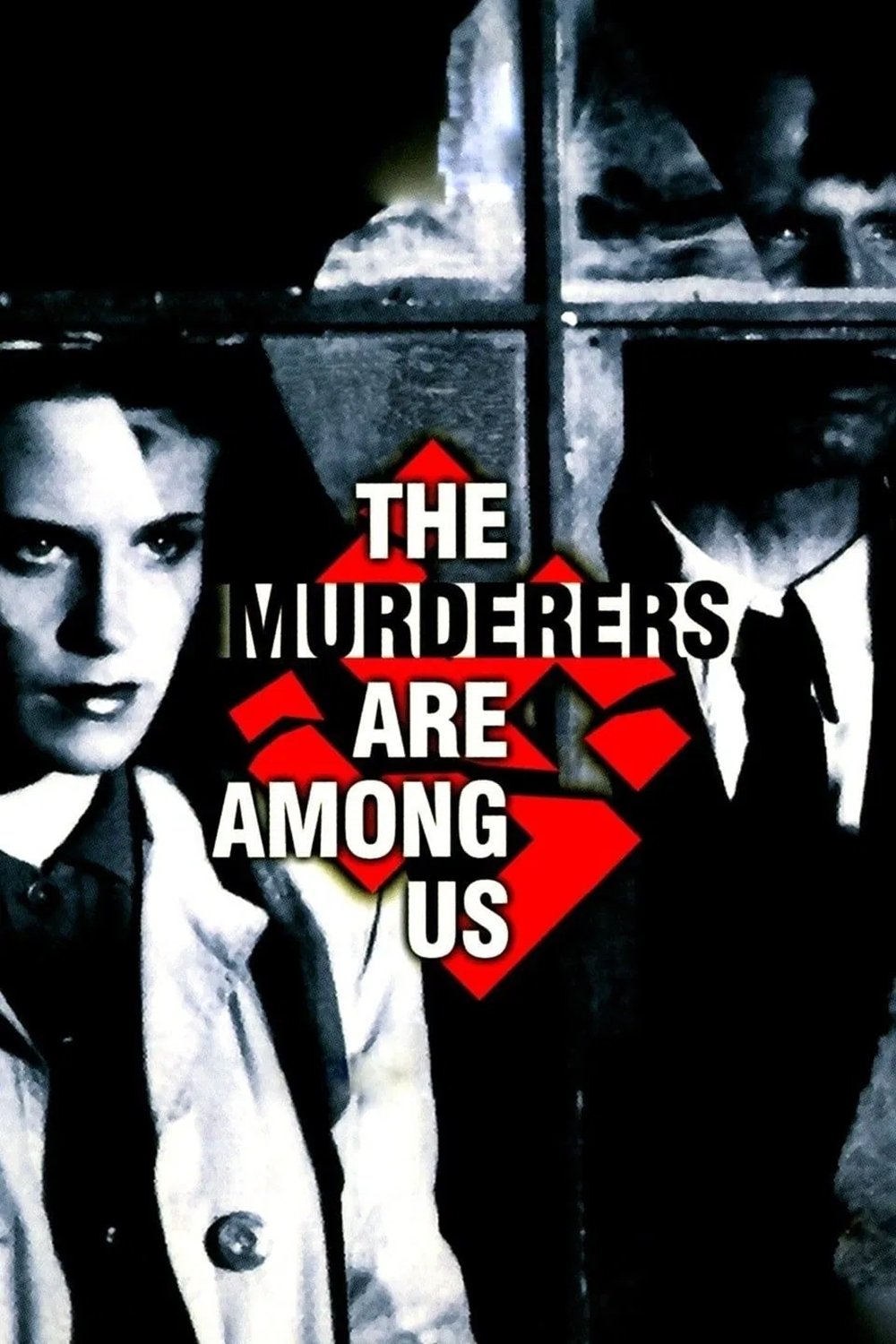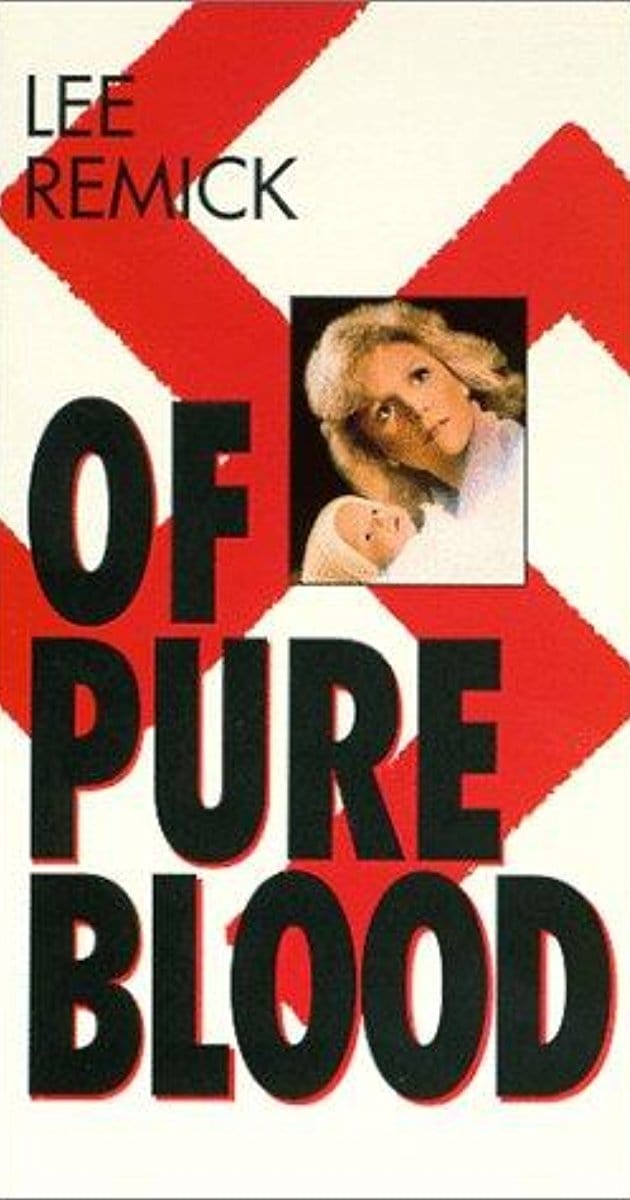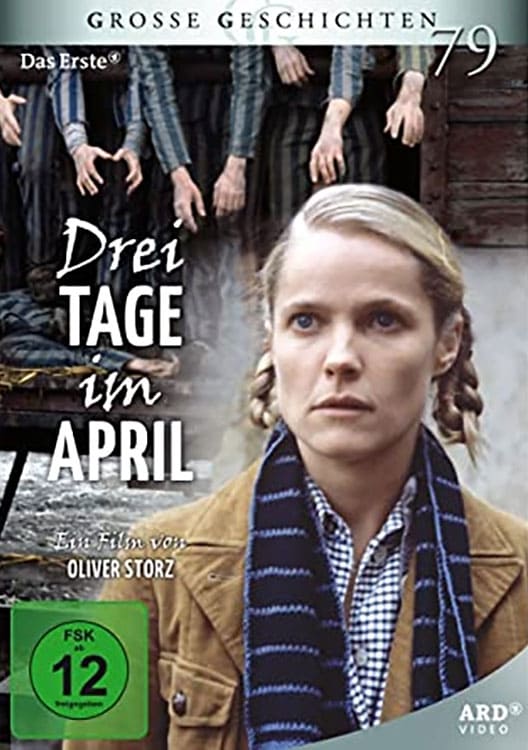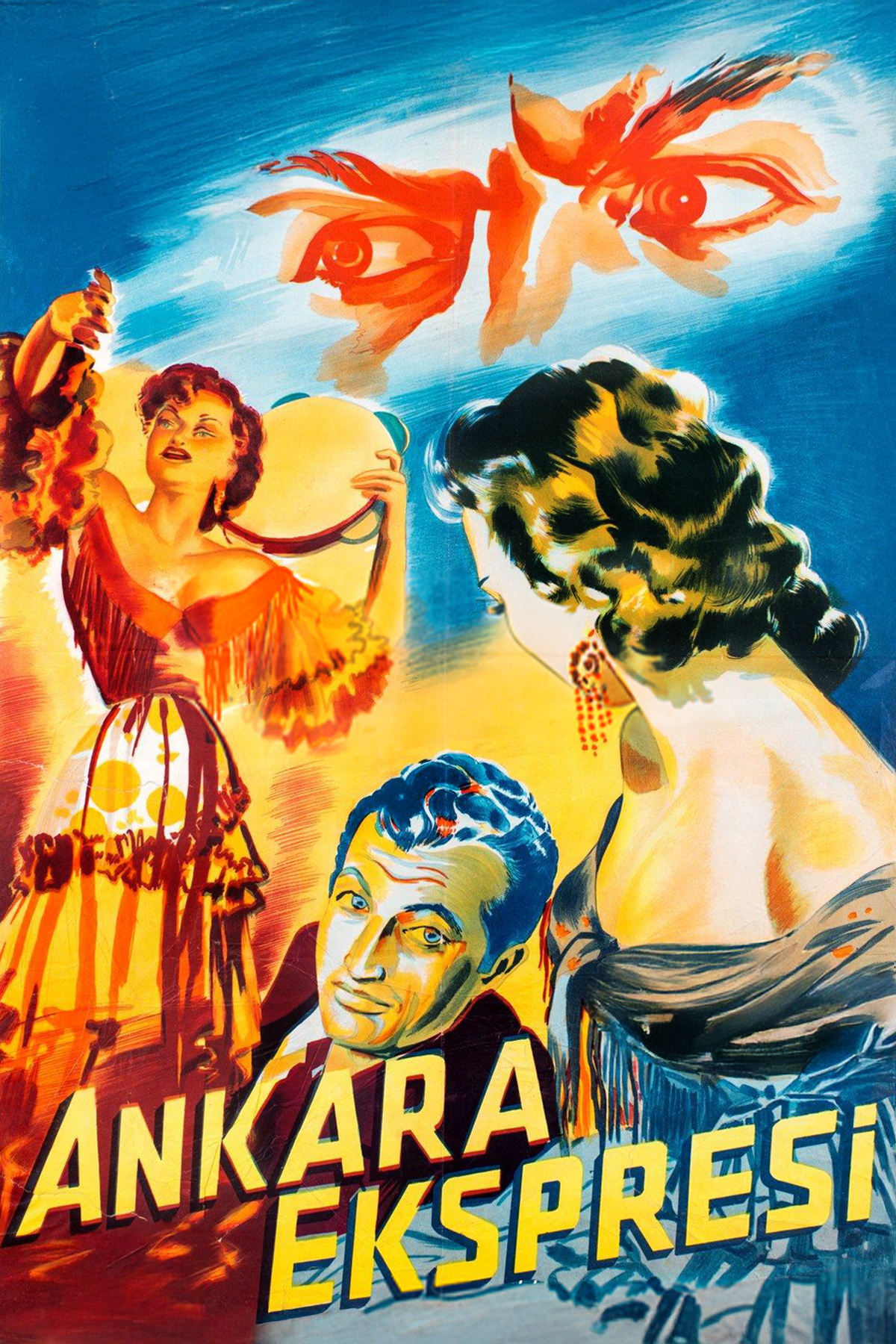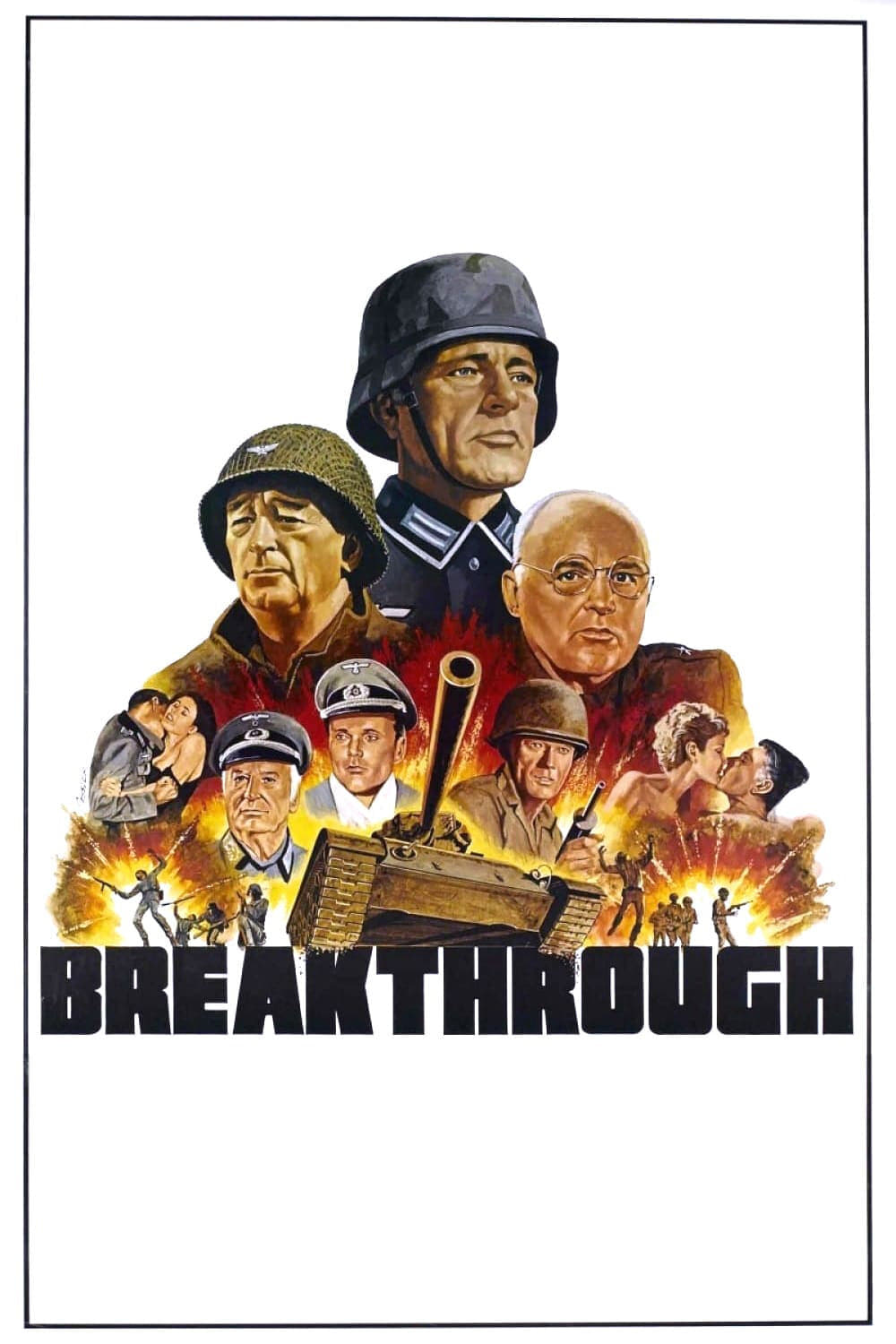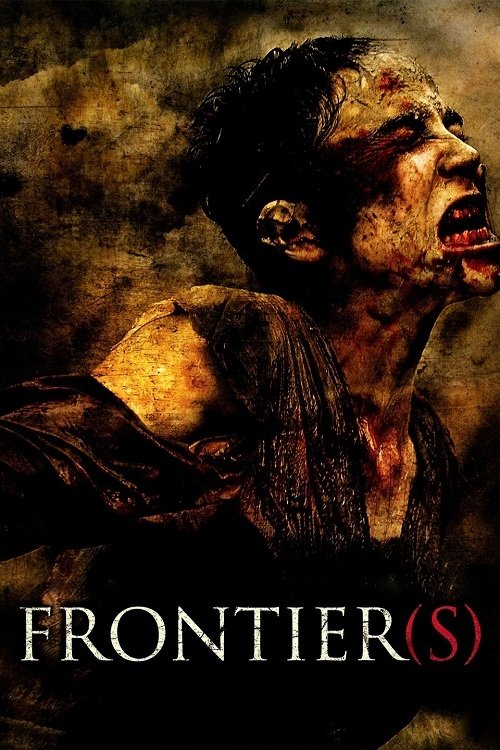Status
Released
original language
de
Budget
$ 0
Revenue
$ 0
Top Billed Cast

Paul Hartmann
Otto von Bismarck
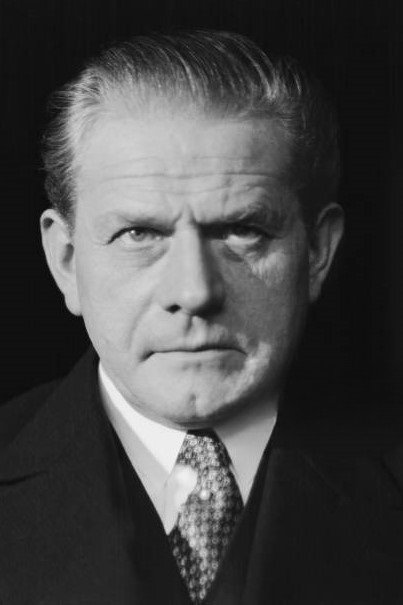
Friedrich Kayssler
Wilhelm I.

Hellmuth Bergmann
Albrecht von Roon

Günther Hadank
Helmuth von Moltke
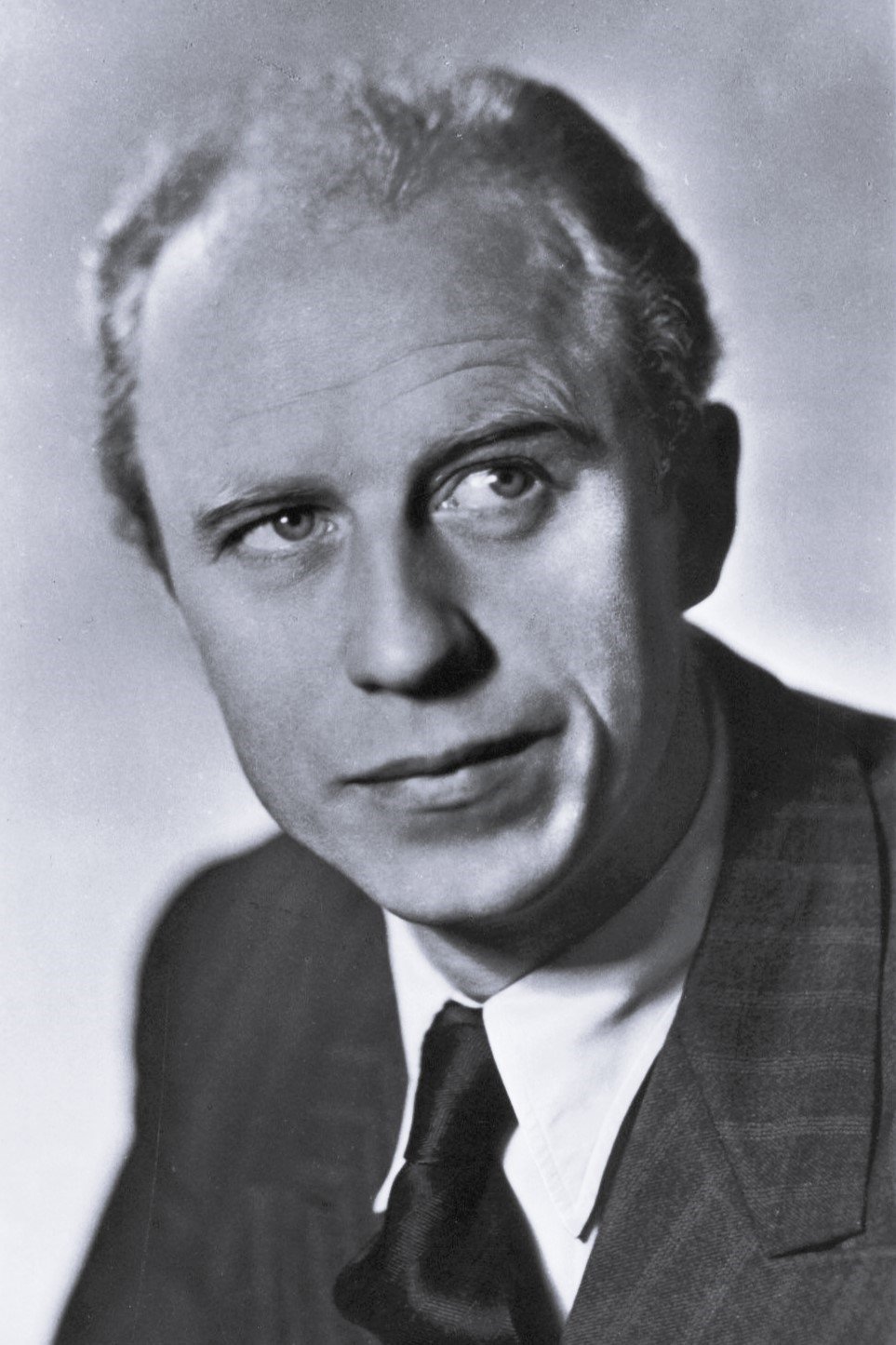
Werner Hinz
Kronprinz Friedrich Wilhelm

Ruth Hellberg
Kronprinzessin Victoria
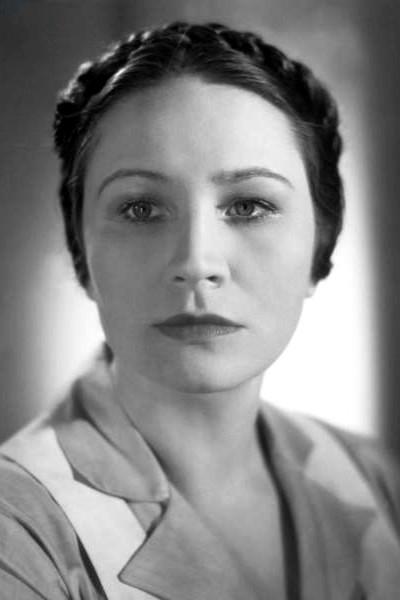
Maria Koppenhöfer
Königin Augusta
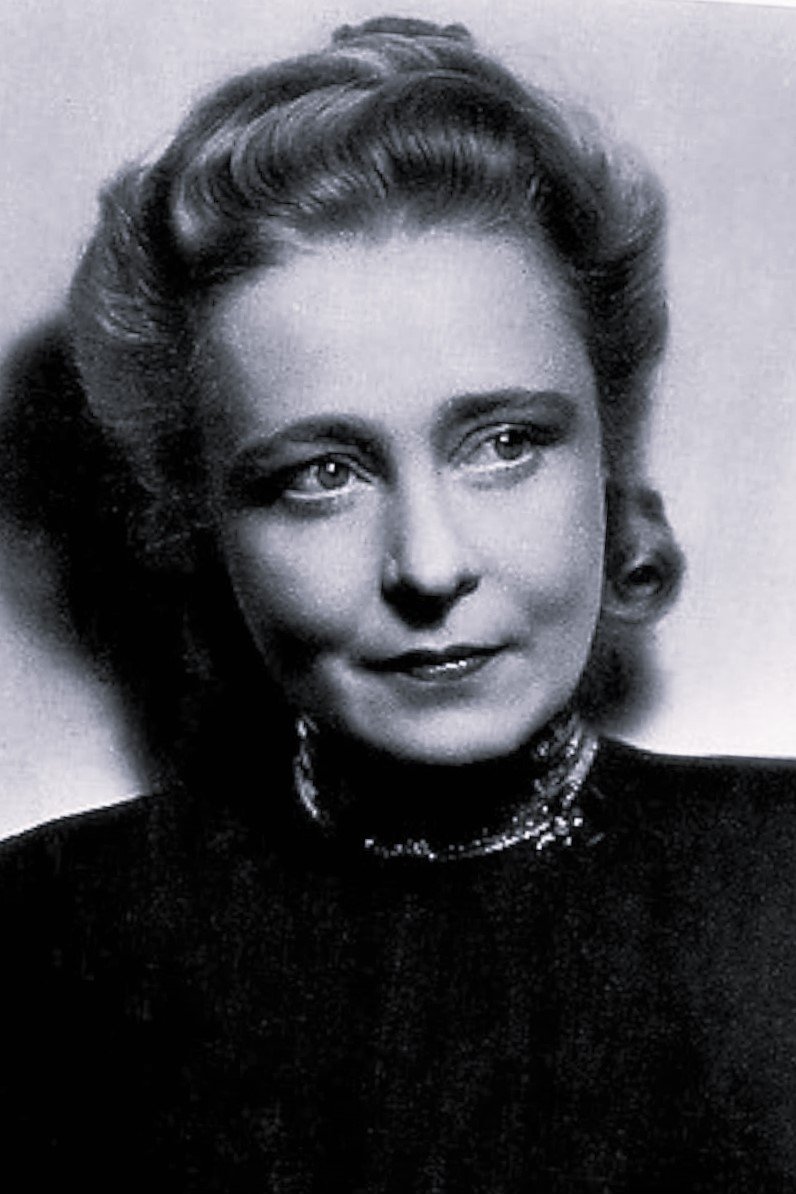
Käthe Haack
Johanna von Bismarck

Margret Militzer
Marie von Bismarck

Walter Fischer
Herbert von Bismarck

Arthur Fritz Eugens
Wilhelm von Bismarck

Karl Haubenreißer
Dr. Rudolf Virchow
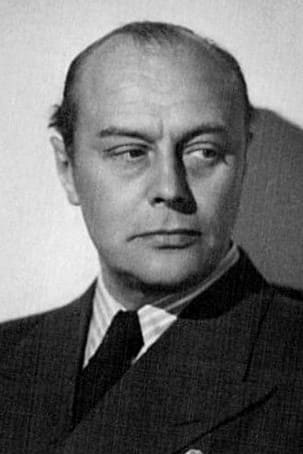
Harald Paulsen
Vincent Benedetti
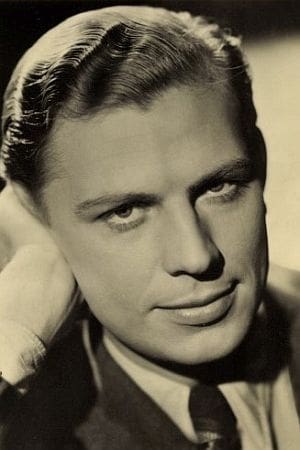
Jaspar von Oertzen
Prinz Friedrich Karl
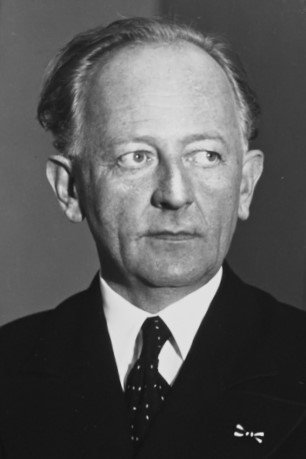
Otto Gebühr
Johann von Sachsen
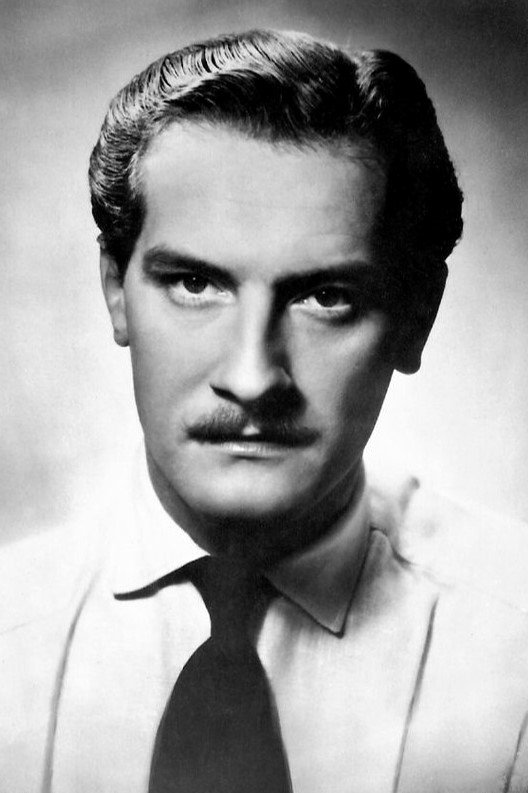
Karl Schönböck
Franz Joseph I.
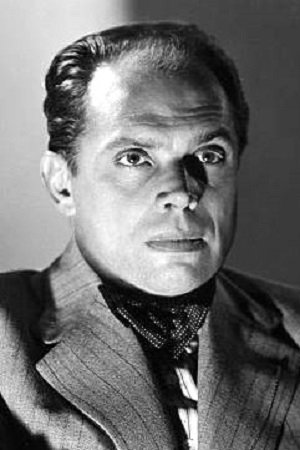
Walter Franck
Napoleon III.
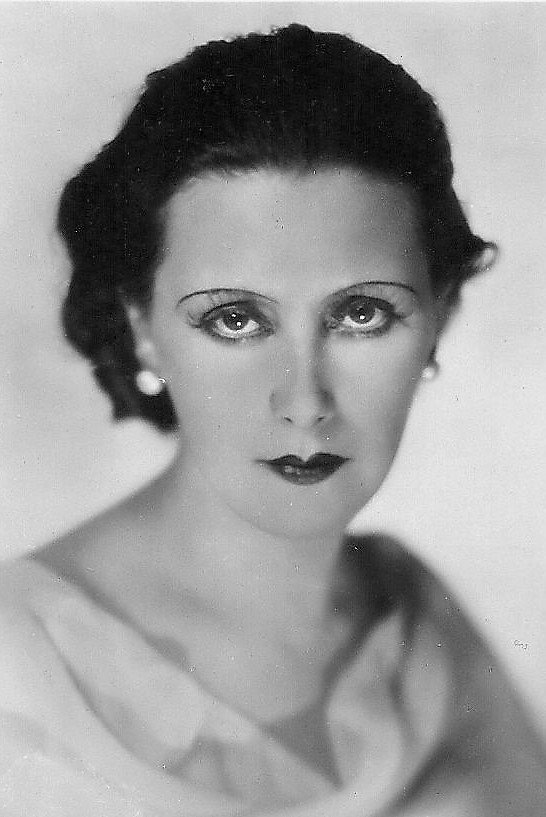
Lil Dagover
Eugénie

Karl Meixner
Loewe
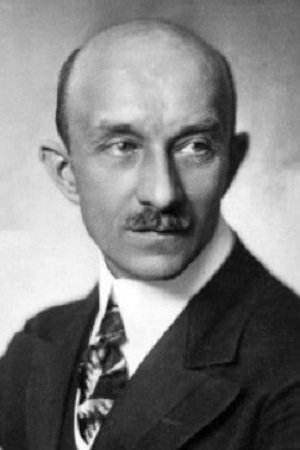
Hans Junkermann
Friedrich von Wrangel

Otto Graf
Herr von Keudell

Franz Schafheitlin
Klemens von Metternich
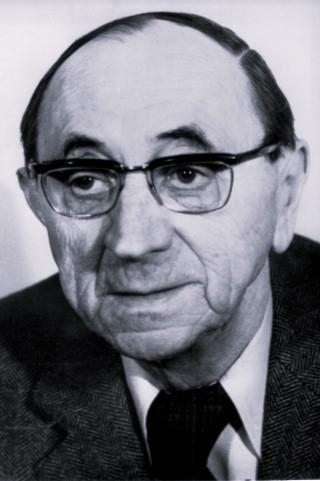
Bruno Hübner
Graf Rechberg
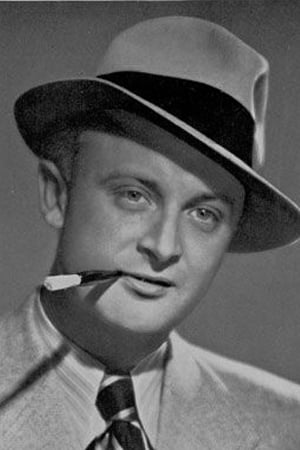
Paul Hoffmann
Graf von Blome

Otto Stoeckel
Friedrich Ferdinand von Beust

Otto Below
Lothar Bucher
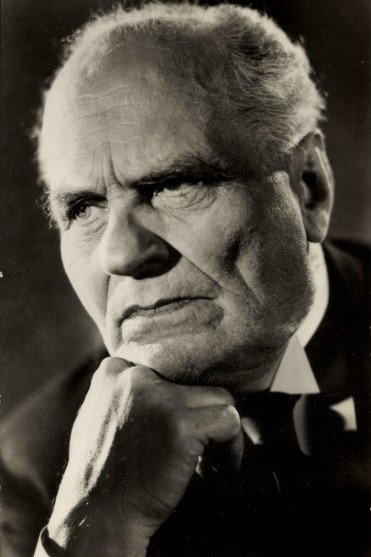
Eduard von Winterstein
General von Manstein
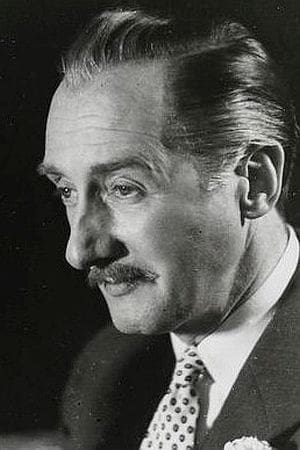
Karl Fochler
Graf Karolyi

Erich Ziegel
Friedrich von Bodelschwingh

Wilhelm P. Krüger
Lakai Kuhn
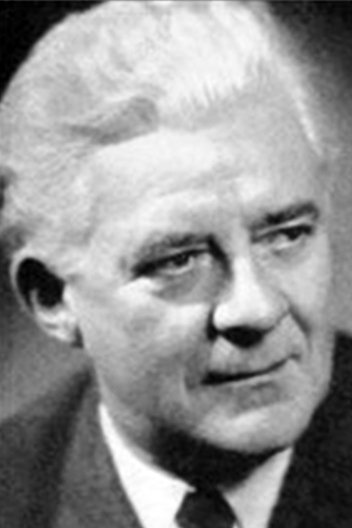
Walter Werner
1. Landtagspräsident

Robert Forsch
2. Landtagspräsident

Ingolf Kuntze
Patow
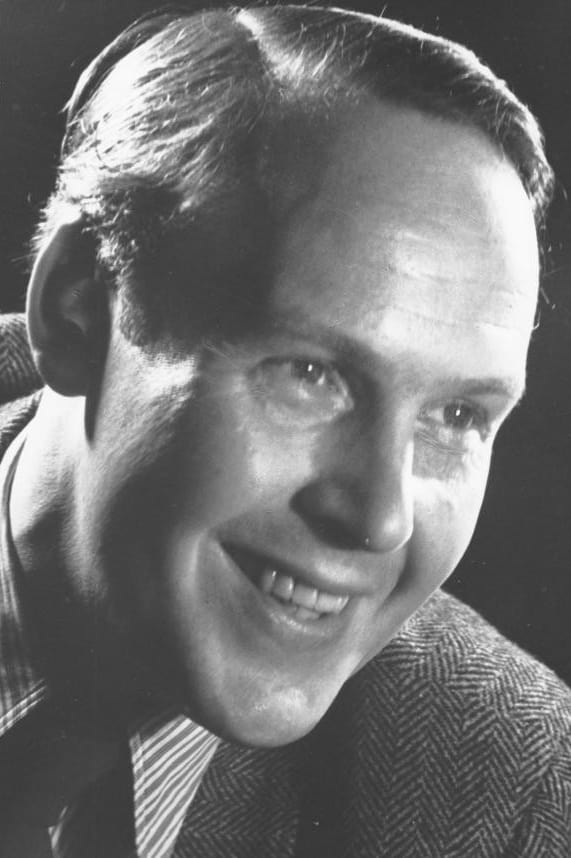
Hannsgeorg Laubenthal
Großherzog von Oldenburg

Horst Lommer
Korrespondent der Kölner Zeitung

Karl Morvilius
Diener im Arbeitszimmer Bismarcks

Karl-Heinz Peters
Jakoby
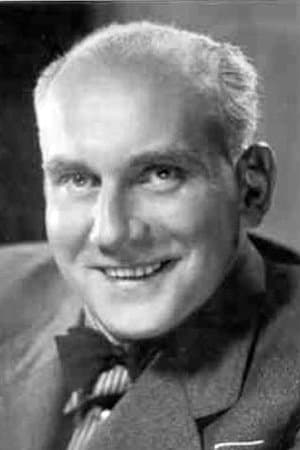
Werner Pledath
Sybel

Theodor Thony
Ritter von Benedek

Hanns Waschatko
Zivilist bei der Versammlung in Frankfurt
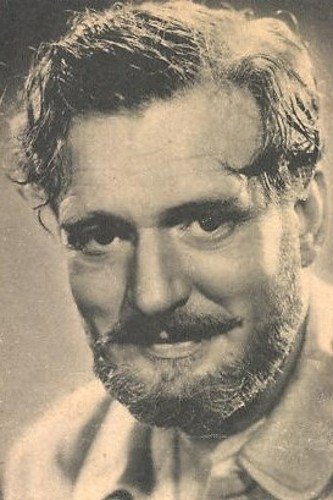
Karl Dannemann
Adjudant des Prinzen Friedrich Karl
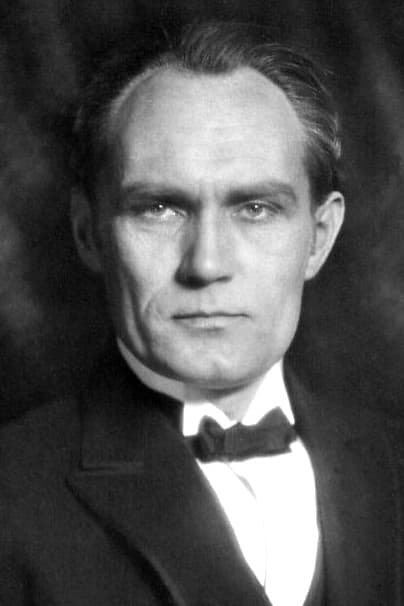
Bernhard Goetzke
Flügeladjutant des Königs
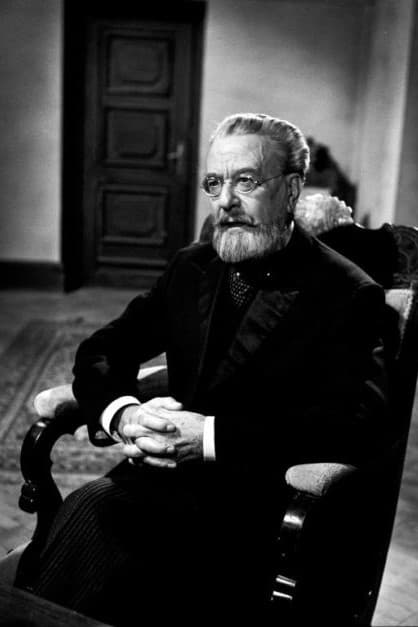
Fritz Hinz-Fabricius
Nigra, italienischer Gesandter

Wolfgang Liebeneiner
Kurier beim König von Preußen

Marga Riffa
Königin Viktoria von England
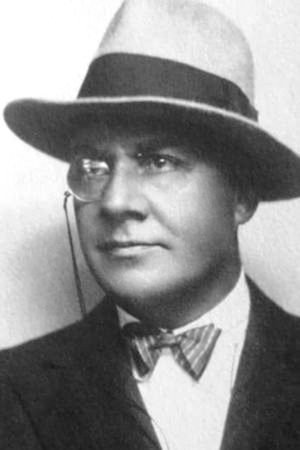
F. W. Schröder-Schrom
Generaladjutant des Königs

Albert Venohr
Rudolf von Gneist
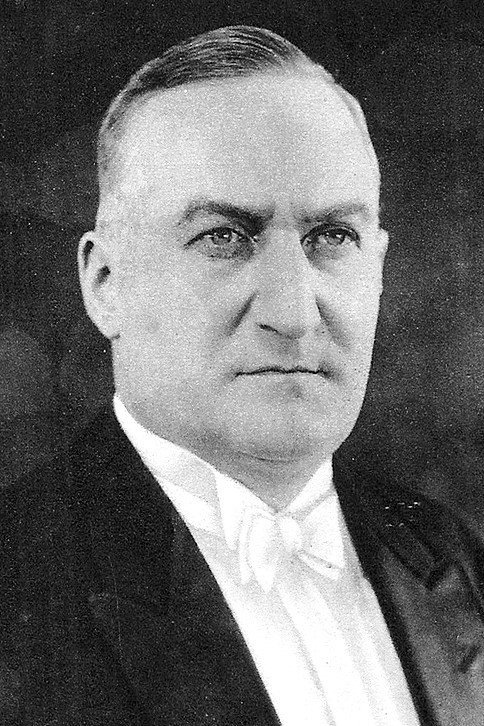
Leopold von Ledebur
Graf von Ellesburg, preußschischer Innenminister

Elisabeth von Ruets
Eine Dame bei der Ordensverleihung in Berlin

Willy Witte
Der Bursche Bismarcks

Hans Hermann Schaufuß
Sächsischer Gesandter

Herbert Weißbach
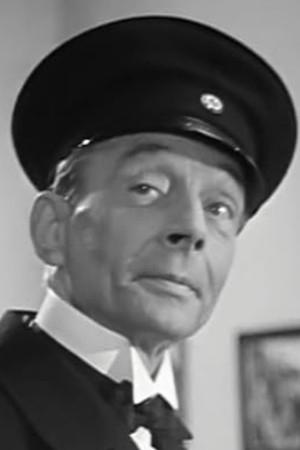
Klaus Pohl
Movie Reviews

A review by Geronimo1967
Written by Geronimo1967 on 2024-04-29
Aside from the fact that this was made at the height of the Third Reich - so it's underlying politic of the might of the German people and it's heroes it to be assumed, this is a rather dry and unremarkably sterile depiction of the eponymous statesman who worked with Wilhelm I of Prussia (Friedrich Kayßler) to create the German Imperial state. It tries to pack far too much over-simplified history into two hours and the portrayal of Bismarck himself by an underwhelming Paul Hartmann leaves us amidst a story of turbulent history told as if it were a child's "Janet and John" book. The complexities of the relationships between the Hapsburg Austro-Hungarian empire, Russians, French and British are all rather overlooked and certainly undercooked as we spend much of the film in audience chambers watching a vacillating king or in a prevaricating parliament where nothing seems to count for very much - until our hero arrives to convince and save the day. It's almost entirely confined to a sound-stage so what few opportunities offered us to experience the military tactics of Moltke against the Danes or the Austrians are largely confined to a map or to the inside of a tent. The ending justifies the dramatic means - and we know that there was a unified German Empire born in 1871. It's a watchable enough historical biopic, but no effort is made to develop the characters and the story is about as dry and processional as it can be. It's hard to imagine this as a successful piece of jingoism, to be honest. It's completely forgettable.
